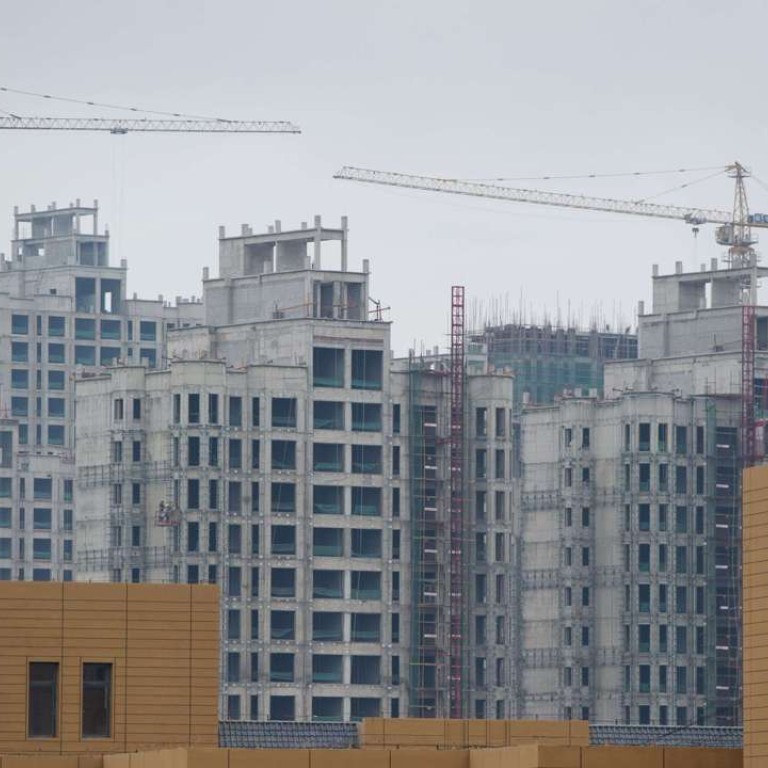
Beijing doesn’t know when to stop – or even how to do so
After years of furious building and investment in rust-belt industries, mainland China and its centrally planned economy is facing a looming financial crisis. But what can be done to avoid it?
In an unusual move, President Xi Jinping summoned the country’s finance industry watchdogs and ordered them to take stock of risks and uphold regulatory vigilance, reflecting his deep concern about the dangers facing the mainland economy.
SCMP, April 28
When people tout the virtues of a centrally planned economy as opposed to one shaped by the blind vagaries of market choice there is one compelling argument they can always adduce. It gets things done. Do we want 20 hydroelectric dams built? Consider them built. Do we want 40 new cement plants? Turn around. There they are. When you want mountains moved you want a central planner to run things.
I concede this advantage of central planning to Singapore and Shanghai any time that they wish to claim it. The Hong Kong way with lots of argument and filibuster and multi-year delays while people talk and talk and talk just doesn’t cut it on the get-things-done-now scale.
But there are two crucial questions that central planning does not address, in fact, does not even consider. They are:
(1) How can a small claque of leaders know for an entire economy what it is specifically that people really want to do?
(2) How can they know when to stop doing it?
Sometimes the first question can be answered without much dispute. For both Hong Kong and Singapore, for instance, the tasks were obvious after the second world war. Build the ports, the roads, the schools, the power plants and the homes and so raise the living standards of the people.
But what about when all these things have been built and the living standards of the people have been raised to a rank within the world’s 10 wealthiest economies, which is a status that both Hong and Singapore now enjoy? What then?
At that point the second question intrudes. Is it perhaps time to stop building so furiously? Perhaps we should explore new pursuits and perhaps letting people make their own choices for their own lives is a better way of doing so.
It is in addressing these questions that a market economy excels and, yes, it takes a lot of talk and still more talk. It involves making the wrong choices sometimes and then backtracking. It’s not easy but that’s the way forward and a market economy does this much better than a centrally planned one.
The mainland economy is now approaching the point where these questions cannot be avoided. For years it has built furiously, using more cement between 2011 and 2013 than all of the United States in the 20th century. It has more than twice the steel production capacity of the US and Europe combined and it has vast swathes of empty residential towers in almost every city.
It has, in short, a looming financial crisis. The money invested in these many excesses is gone. It can never be recovered.
But while Beijing talks of curbing excess, what it has actually done is encourage yet more excess by opening the credit taps even wider in the vain hope that things will somehow magically come into balance while growth is yet maintained at a high level. I do not know whether President Xi really believes it can be done or whether he is just making a desperate gamble but I do know that picking on regulatory agencies to forestall a financial crisis will never work.
Leaving aside that both the chief securities and chief banking regulators are brand new to their posts while the 69-year-old head of the central bank is hardly likely to be a ball of reforming fire after 15 years in the job, these mainland regulatory agencies are traditionally more promoters than watchdogs of their charges.
But the problems were never regulatory anyway. They lay in a breakneck pace of state directed investment in rust-belt industries. Beijing didn’t know when to stop. It doesn’t even know how to stop.

